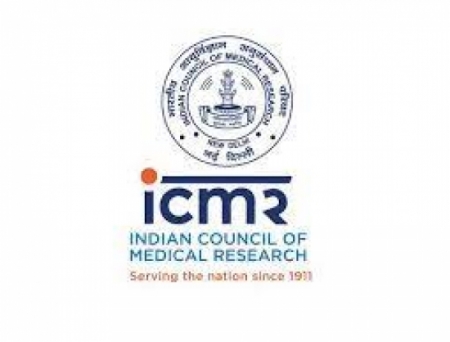ICMR invites letters of intent on venous thromboembolism

The Indian Council of Medical Research (ICMR) has invited call for Letters of Intent on venous thromboembolism (VTE).
Venous thromboembolism is a common and potentially life-threatening condition. It is quoted as a major health problem and one of the most common preventable causes of hospital deaths.VTE has rarely evoked such consideration in India. It continues to be under diagnosed and undertreated.
The primary objective of the study is to establish a network of institutions involved in to VTE related work and research. Comprising both clinical sites and basic science institutions, LOI shall explore the institutional interest to establish a surveillance network of VTE with existing clinical facilities, diagnostic facilities and management facilities for VTE. It will also seek for basic science laboratories and institutions with VTE related existing research facilities and capabilities and to support scientists and clinicians who work as multidisciplinary teams to solve the pressing public health problem of VTE.
“In lieu of current pandemic, studies have suggested that there is increased risk of thromboembolism associated with coronavirus disease 2019 (Covid-19). However, overall arterial and venous TE rates of Covid-19 and effect of TE on Covid-19 mortality is unknown,” ICMR stated.
This would intent to involve multidisciplinary approaches that integrate genomic, cellular, biochemical, and biophysical strategies to advance fundamental understanding and translate knowledge to patient care are needed to provide optimal insight to the field and to the patients, the ultimate beneficiaries of these efforts. That is to establish a national VTE network to carry forward the basic science studies (including genetic, hematologic, metabolomics, proteomic, other pathophysiologic and drug development studies). Identify the role of novel biomarkers to predict VTE recurrence risk. The research in important clinical problems like Heparin-induced thrombocytopenia (HIT), thromboembolic manifestations of Covid-19, thromboembolic events associated with Covid vaccines, and to distinguish mechanisms of in situ thrombosis versus embolization.
Last news about this category
We use our own and third party cookies to produce statistical information and show you personalized advertising by analyzing your browsing, according to our COOKIES POLICY. If you continue visiting our Site, you accept its use.
More information: Privacy Policy
















